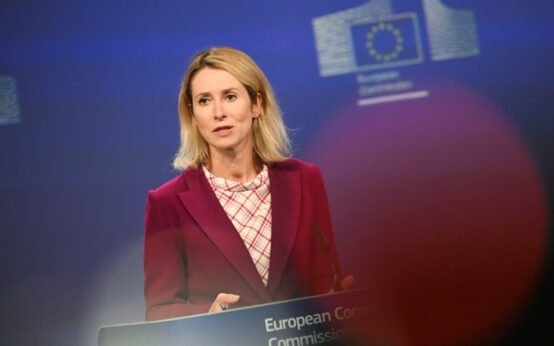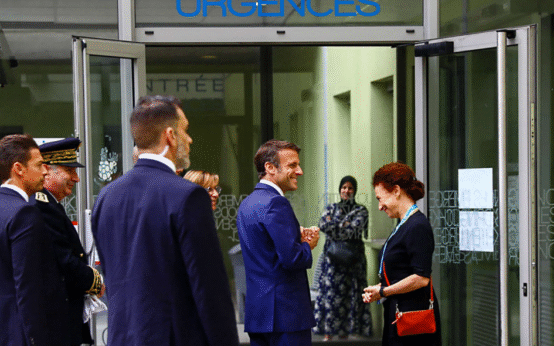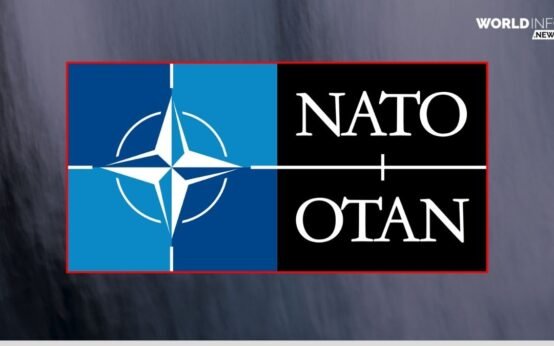European Union has once again found itself at an impasse as Hungarian Prime Minister Viktor Orbán used his veto power to block collective decisions at two consecutive high-level summits. The moves highlighted both the EU’s challenges in maintaining unity and the political leverage wielded by individual member states within the bloc’s decision-making framework.
Hungary’s Repeated Vetoes Disrupt EU Consensus
Orbán’s government has long been known for clashing with Brussels on issues ranging from democratic values to foreign policy. At the recent back-to-back summits, Budapest’s refusal to approve key resolutions disrupted progress on sensitive matters, including EU financial support packages and foreign policy statements.

The vetoes prompted frustration from other European leaders, who argued that Hungary’s stance is undermining the bloc’s ability to act decisively in times of crisis. Diplomats present at the meetings described tense exchanges, with some leaders openly questioning how long the EU can tolerate repeated disruptions to its collective agenda.
Impact on EU Foreign Policy and Enlargement
One of the key areas affected by Hungary’s vetoes involves the EU’s foreign policy, including its approach to enlargement and ongoing conflicts in Europe’s neighborhood. Analysts warn that if Hungary continues to block collective statements or funding packages, the bloc risks appearing divided on the international stage. This could weaken its credibility in dealing with partners such as Ukraine, the Western Balkans, and NATO allies, particularly at a time when geopolitical tensions remain high.


 EU lays out new tariffs and sanctions on Israel over war in Gaza
EU lays out new tariffs and sanctions on Israel over war in Gaza  France is preparing its hospitals for a great war
France is preparing its hospitals for a great war  As Trump rebuffs India, the European Union nudges closer
As Trump rebuffs India, the European Union nudges closer  Georgia hosts NATO military despite perceived pivot toward Russia
Georgia hosts NATO military despite perceived pivot toward Russia  Why EU Plans to Fund Ukraine’s Weapons with Russian Assets
Why EU Plans to Fund Ukraine’s Weapons with Russian Assets  NATO Commits to 5% GDP Defense Spending by 2035
NATO Commits to 5% GDP Defense Spending by 2035